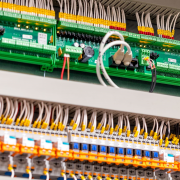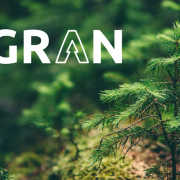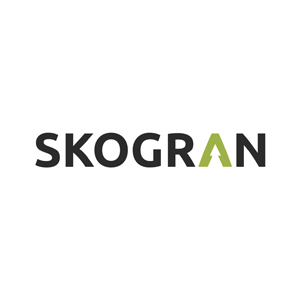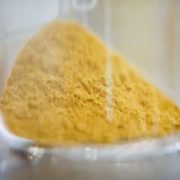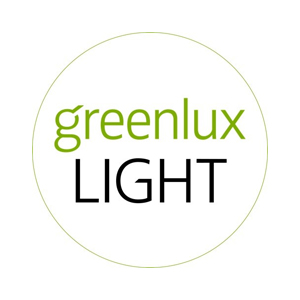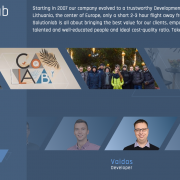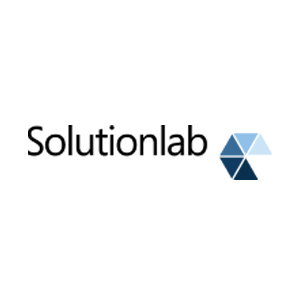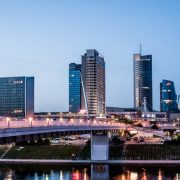Caverion Lietuva equipped business center with engineering systems meeting future standards
In Vilnius, on Lvovo St 37, one of the most innovative business centres in Lithuania has already opened its doors. To meet the modern requirements of the A + energy class building, as well as the needs and expectations of the customer and tenants, ‘Caverion Lietuva’ equipped the 8-storey, 23,000 sq. m. building with engineering systems management, safety and telecommunications systems that meet large-scale future standards.
One of the most interesting and resource-intensive solutions is the automatic blind control system. A weather station mounted on the roof of the building, which is connected to a blind control system, automatically reacts to the sun.
If the building stood in the fields, this solution would be straightforward, but in the business district, the facades of high-rise buildings create a lot of shadows during the day, which must be evaluated in the blind control algorithm’, says project manager, Arūnas Virketis.
The business centre is also equipped with a contactless centralised building management system, indoor microclimate management systems, including a ventilation system with a humidification function, in addition to modern telecommunications systems that are especially needed for an administrative building. The conference rooms located on the ground floor are equipped with a modern audio and video system and a universal conference management and content sharing solution, and computer network systems are installed throughout the entire building.
Great attention is also paid to safety and security – a unified fire detection, burglary and access control system has been installed, which allows quick and accurate reaction to the emerging dangers. The building is monitored internally and externally by ninety-nine, high-resolution video surveillance cameras, and the evacuation and control system ensures smooth and rapid evacuation of personnel in the event of an emergency.
‘Although the building is large in size and has required a lot of resources, we are glad that most of the energy needed to operate the building was generated by heat pumps with hydro modules, which ensured extremely low CO2 emissions. We are happy to see that sustainability and environmental protection are as important for both customers and tenants as they are for us’, says project manager Arūnas Virketis.
‘We have installed a screen in the atrium, which will constantly display the consumption of the main energy resources of the building, the kilowatt-hours generated by the solar power plant and other readings. In general, the IoT, BMS, BIM and other technological solutions that we have invested in mean that tenants will enjoy cheaper operation, all of which will contribute to the green deal and environmental friendliness’, says Karolis Tuinyla, manager for the customer, ‘Lords LB Special Fund I Subfund B’.
Currently, the building is already being used by the main tenant ‘Telia Global Services Lithuania’ and the clinic, ‘Antėja’, is about to start operating from here as well. On the ground floor, there are conference centres and an ‘iLunch’ restaurant.
‘Caverion Lietuva’ is one of the largest construction engineering and building maintenance companies in Lithuania, owned by the international ‘Caverion’ corporation. The company currently has more than 400 employees.

